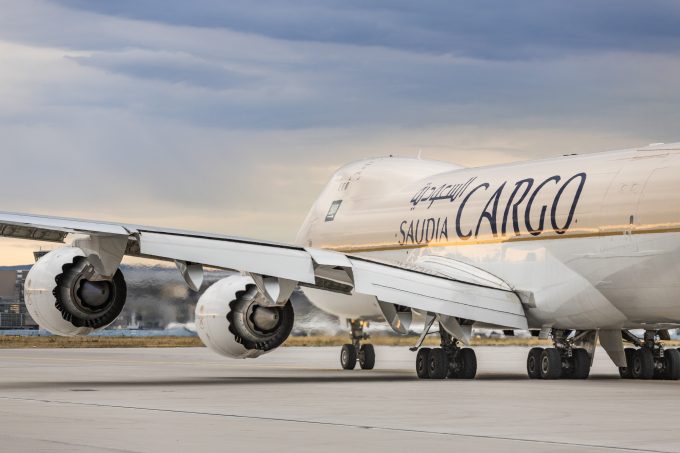Volumes set to 'fall off a cliff' as US firms hit the brakes on sourcing and bookings
Cargo owners should brace for a “cliff event” similar to the turmoil in the early ...

While PPE shipments were the mainstay for air cargo during the pandemic, e-commerce volumes have also broken records.
In fact, online shopping has been “a saviour” for many last-mile logistics firms, according to Chaminda Gunasekera, Seko Logistics’ senior director, airfreight, e-commerce and network development, APAC & MEA.
He told The Loadstar: “Almost all last-mile companies in Europe and, for sure, the United States Postal Service recorded some of their highest volumes during April and May, which is very rare.”
In China, where PPE ...
Keep our news independent, by supporting The Loadstar
Container spot rates diverge: to Europe still falling, but firmer to the US
Volume surge and an early peak season? 'Don't celebrate too soon,' warning
Hapag-Lloyd won't take bookings if port congestion leaves cargo stranded
Ecommerce likely the front-runner in resurge of transpacific trade after deal
China-US trade tariff pause could drive a rebound for transpacific rates
Service chaos from trade ban with India a problem for Pakistan shippers
Airfreight rates ex-China 'loss-making', but hopes of a trade deal stay high

Comment on this article
Jonny Kery
June 02, 2020 at 7:43 amDuring pandemic the world needs one things after food is PPE kit, masks, sanitisers. Undoubtedly the transport of these PPE kits and Food items which comes under essentials were on top during the pandemic situation but the second position which comes after these essentials is e-commerce gave the good business to air cargo and saves their business. Even some passenger flights were used for commercial transportation of air cargos. Well, we all can hope and pray for the better world. as we all want back to normalcy.
Chaminda Gunasekera
June 03, 2020 at 11:46 pmYou are right Jonny. PPE has the largest contribution overall. However I was actually commenting on the current situation and the slump in demand as most PPE has disappeared .